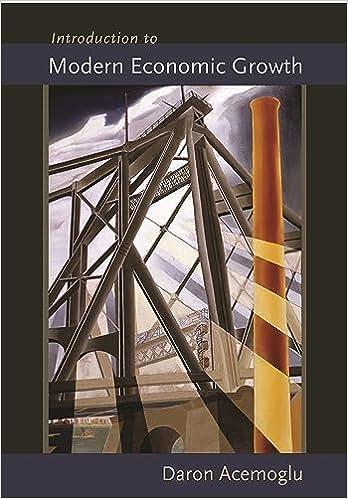Exercise 7.2. * Prove that, given in optimal solution x (t), y(t) to (7.1), the maximized Hamiltonian
Question:
Exercise 7.2. * Prove that, given in optimal solution xˆ (t), yˆ(t) to (7.1), the maximized Hamiltonian defined in (7.16) and evaluated at xˆ (t), M (t, xˆ (t), λ (t)), is differentiable in x and satisfies λ˙ (t) = −Mx (t, xˆ (t), λ (t)) for all t ∈ [0, t1] . Exercise 7.3. The key equation of the calculus of variations is the Euler-Legrange equation, which characterizes the solution to the following problem (under similar regularity conditions to those of Theorem 7.2): max x(t) Z t1 0 F (t, x (t), x˙ (t)) dx subject to x (t)=0. Suppose that F is differentiable in all of its arguments and an interior continuously differentiable solution exists. The so-called Euler-Legrange equation, which provides the necessary conditions for an optimal solution, is ∂F (t, x (t), x˙ (t)) ∂x (t) − ∂2F (t, x (t), x˙ (t)) ∂x˙ (t) ∂t = 0. Derive this equation from Theorem 7.2. [Hint: define y (t) ≡ x˙ (t)]. Exercise 7.4. This exercise asks you to use the Euler-Legrange equation derived in
Step by Step Answer:







